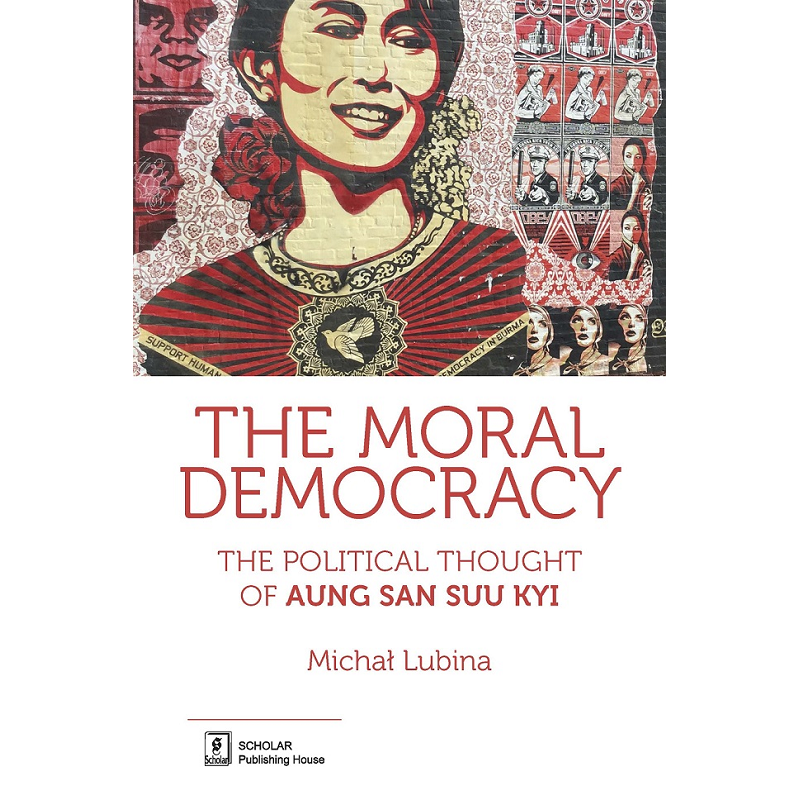
Why The Moral Democracy? Michal Lubina: “Suu Kyi has presented democracy not as a political system, not as an institutional framework, or not even as ‘the worst form of government, except for all others.’ No. Suu Kyi presented democracy in a very Burmese Buddhist way: as a moral value. That is why her vision of democracy (and of politics in general) is a moral vision.”
